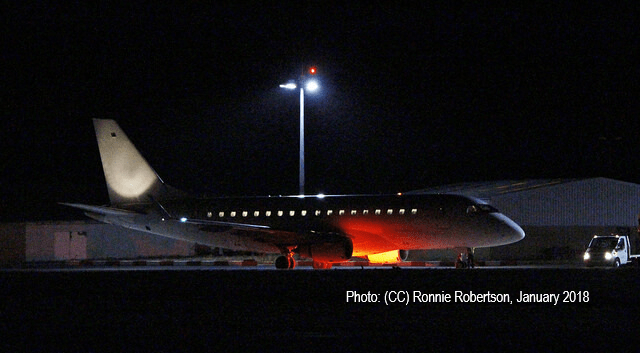On 12 January a deportation flight took off to Afghanistan which ranks least peaceful country in the world. In 2020, fewer people have applied for asylum while asylum procedures in anchor centres took longer than average.
This week, 26 people whose asylum claims had been rejected were deported to Afghanistan in a charter flight that landed in Kabul in the early morning hours of 13 January. It was the second deportation since the outbreak of the pandemic, following a charter flight that took off in December. In total, 963 people have been deported by German authorities to Afghanistan since December 2016 and according to ECRE member Pro Asyl, the charter flights are planned to resume on a monthly basis. ECRE and other organisations have repeatedly expressed their concerns over forced returns from EU countries to Afghanistan and urged that cooperation with Afghanistan should address the underlying drivers of instability and violent conflict in the country, rather than focusing rigidly on return. The EU Commission has progressed in renewing a deportation agreement with Afghanistan.
Despite peace talks, about 17,000 families have recently fled their homes in the Taliban bastion of Kandahar following months of heavy fighting between the Taliban and government forces. For the second year in a row, Afghanistan was ranked the least peaceful country in the world in the Global Peace Index 2020, which emphasizes the exposure of those returned to widespread terror and violence across the country. High COVID infection rates and a poor health system further add a serious health hazard.
In 2020, the number of asylum applications in Germany has further decreased – for the fourth year in a row. According to figures from the interior ministry, 102,581 first asylum applications were lodged last year compared to 142,509 in 2019. The 2020 figures include 26,520 applications from children born in Germany, thus even less people have arrived in the country. Syrians, Afghans, and Iraqis were the most frequent nationalities among applicants. Although cases of resettlement, humanitarian admissions (e.g. refugees from the Greek islands), and family reunification can be added, deportations and so-called ‘voluntary return’ further lower the number of those who will be protected in Germany.
According to interior minister Horst Seehofer, the development is due to successful migration management, he states: “We are on the right track.” Pro Asyl on the other hand highlights “these low numbers of arrivals are a consequence of Europe’s rigorous border closures” and points to the cynicism of Seehofer’s claim. In the year the number of refugees worldwide rose to 80 Mio and thousands are stuck in inhumane conditions at the fringes of Europe, Germany’s intake remain far below the reception capacity of 180,000–220,000 that was agreed on by the governing coalition.
Another noticeable trend in 2020 concerns asylum procedures in the controversial so-called ‘anchor centres’, which were introduced to increase efficiency by concentrating all actors involved in the processing of asylum applications at locations where asylum seekers are accommodated. However, the answer to a parliamentary question from the opposition party Die Linke revealed that in 2020 asylum procedures in anchor centres took 8.5 months on average, while the average of all asylum procedures stood at 8.3 months. Following a fact finding mission to anchor centres in Germany, ECRE expressed its concerns that the centres’ approach risks undermining asylum seekers’ access to a quality asylum procedure, mainly resulting from the increasing linkage between asylum and return from the outset of the procedure.
For further information:
- ECRE, Germany: Significant Success on Appeals by Afghans, Planned Deportation to Afghanistan, End of Deportation Ban to Syria under Scrutiny, Resettlement Delayed, December 2020
- ECRE, Germany: Secondary Arrivals from Greece, Return Flight to Iraq, September 2020
- ECRE, Germany: Covid-19 impacts Family Reunification Procedures, June 2020
- ECRE, COVID-19 MEASURES RELATED TO ASYLUM AND MIGRATION ACROSS EUROPE, May 2020
- AIDA, Housing out of reach? The reception of refugees and asylum seekers in Europe, May 2019
- AIDA, managed by ECRE, The implementation of the Dublin III Regulation in 2018, March 2019
- ECRE, Germany: Further restrictions and political differences on family reunification, April 2018
Photo: (CC) Ronnie Robertson, January 2018
This article appeared in the ECRE Weekly Bulletin. You can subscribe to the Weekly Bulletin here.

